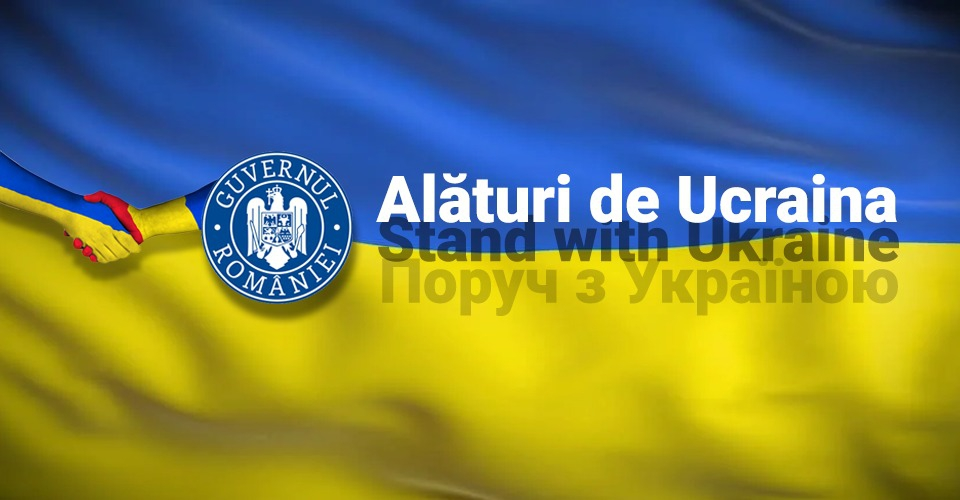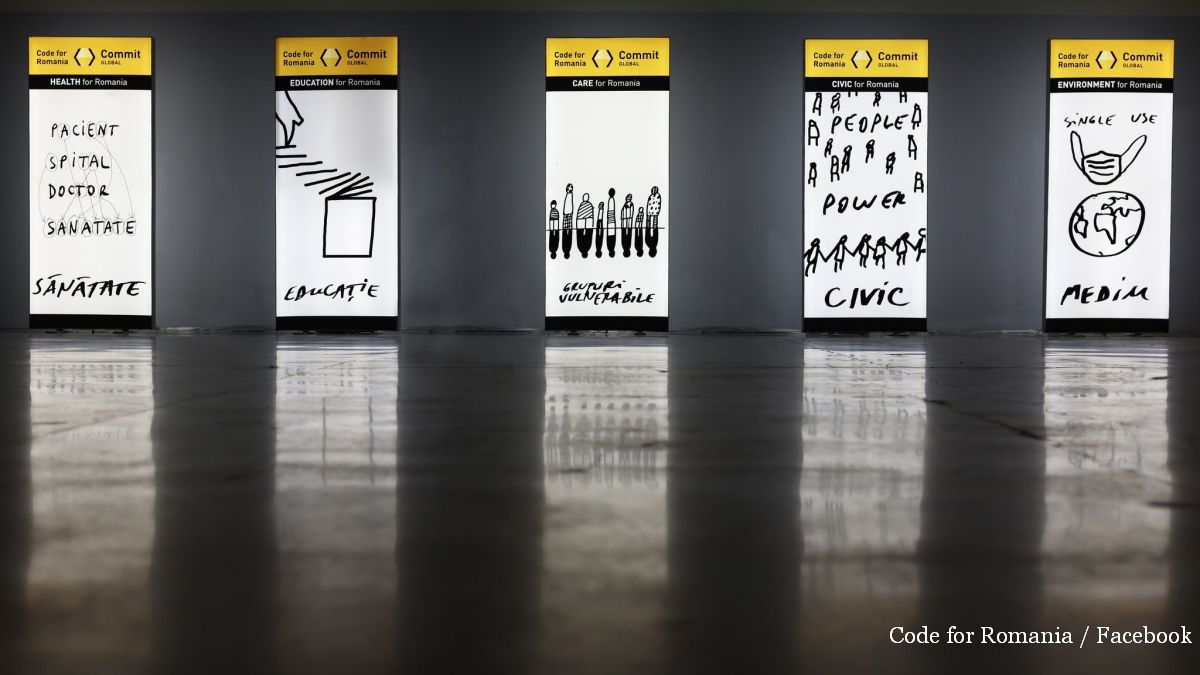Ukraine – Third Year of War
The war in Ukraine, which Russia estimated at 30 days, entered its third year on February 24

Corina Cristea, 01.03.2024, 15:00
The war in Ukraine, which Russia estimated at 30 days, entered its third year on February 24. The human and material losses are enormous, and so are the geostrategic implications. Kiev acknowledges that the situation is extremely difficult for its forces – casualties are mounting amid shortages of ammunition, weapons, and troops, and US financial aid requested by Democratic President Joe Biden, but blocked by Republicans, is delayed and may never arrive.This is all the more so since the prospect of Donald Trump’s return to the White House is becoming more plausible with each victory in the internal competition that the Republicans have for the election of the presidential candidate. What does the picture look like on the Ukrainian front? It was described for Radio Romania by university professor Ștefan Popescu, with a PhD from Sorbonne in the history of contemporary international relations:
“The war in Ukraine has become a war of attrition, a war of positions, a war that consumes people, materiel, ammunition. Civilian and military casualties on both sides number in the hundreds of thousands, armored vehicles are destroyed by the thousands, shells are fired in the millions – a war such as Europe experienced in World War I and World War II. Ukraine is severed by a front line more than 1,000 km long, and, together with Crimea, the Russian army occupies almost 20% of Ukrainian territory. But, in order to win a war of attrition, what do we need? We need more combatants, hundreds of thousands of combatants, materiel, ammunition. But this is to the advantage of Russia, because the advantage is given by what? The strategic depth: it has four to five times more inhabitants than Ukraine, weapons factories that are far from the front line, and, unfortunately, Russia also benefits from the military support of its allies – China, Iran, North Korea. This year, I think that Ukraine is largely playing for, I wouldn’t say survival, but in any case, it is at a crucial moment, in the conditions where, even if the Europeans are willing to help them, they do not have the capability of the United States. This capability is currently in the crossfire between the Democrats and the Republican majority in the House of Representatives.”
At the end of two years of military confrontations and in the current difficult context for it, Ukraine resists, however. ‘Ukraine will prevail’, claims now the leader in Kyiv, Volodymyr Zelensky, just as he did in 2022. He relies on the firm support from the EU and NATO, and the determination of Ukrainians not to be defeated in this unfair confrontation. ‘More than ever, we strongly support Ukraine – financially, economically, militarily, morally. Until the country will finally be free’, said the president of the European Commission, Ursula von der Leyen, in Kiev, where she saluted the ‘extraordinary resistance of the Ukrainian people’. At the end of a G7 summit by video conference, organized on February 24, the leaders of the seven most developed countries promised to support Ukraine as long as necessary, and to look for ways to make Russia pay for the damage caused by the invasion. How long will the Russians resist in this war initiated by Vladimir Putin? Because, even without being on the front line, the Russian population is already feeling the consequences of the sanctions imposed by the EU, which have already reached the 13th package. In addition, the conflict caused numerous casualties among the Russian military.
Again, university professor Ștefan Popescu:
“We know that the Russians are a people who are used to absorbing very big shocks throughout history, we saw in the First World War and all the disorder that followed, the civil war that spread across the entire imperial space, then the Second World War. Secondly, they are a people who listen a lot to the figure of the father, the daddy, if you’d allow me to use this term. At the same time, it should be mentioned that Vladimir Putin did not recruit in urban areas, in the store windows of the Russian Federation, especially in Moscow or Saint Petersburg, but in the peripheral areas, in deep Russia, where a veritable economy of this war has been generated , which led to a higher standard of living, in the sense that he gave a lot of money to families, he paid generously those he recruited. So, from that point of view, I think Russia can fight a war, at least this year, 2024, to see what happens with the American elections too, the installation of maybe another administration, I don’t think this can be questioned. The armaments industry, too, was, I think, underestimated by us, the analysts. Russia, in spite of everything, continues to produce, manages to circumvent Western sanctions via China, via Turkey. And, also, Russia benefits from the ambiguous attitude of several countries, such as India, Turkey, the countries of the Caucasus and Central Asia – which allowed the dissemination of Russian products and trade, even with the West, indirectly, through these countries.”
What does Europe learn from this conflict? That it must do more for its defense: to ramp up its defense industries – in the sense of producing in greater quantity – to finance its military bodies more in order to be prepared to defend its interests, and, if need be, to be able to stand by its great American ally. Far from being settled, the war in Ukraine is one with high stakes – the credibility of the Western world is at stake there, says Professor Ștefan Popescu.





























